
Four academics, Dr Susan Way, Dr Vanessa Heaslip, Ashley Spriggs and Dr Dawn Morley, from FHSS are presenting papers at the Nurse Education Today / Nurse Education in Practice Conference this week, 3rd – 6th April, in Brisbane. The conference is recognised as a leading nurse education event where cutting edge research and innovation ideas from across the world are disseminated. This year the conference has been expanded for the first time to include Midwifery Education.
The title of Dr Susan Way’s presentation is, ‘Leading with a SMiLE: Exploring a student-led clinic, practice education model for educational impact and service improvement’. The Student Midwives integrated Learning Environment (SMiLE) offers an alternative, reliable and collaborative student-led clinic practice education model for equipping midwives of the future with the knowledge, skills and competencies they will need to provide safe and effective postnatal care, to mothers, babies and their families. Early service evaluation of the clinic suggests that students found it benefitted their learning, built their confidence and gave them opportunities to develop their postnatal skills. Peer learning and teamworking relationships were also improved.
Dr Vanessa Heaslip and Ashley Spriggs present their collaborative study entitled “humanising the interview process”; an evaluation of service user/carers contribution to value based recruitment in a pre-registration adult nursing programme. The mixed-method evaluation analysed the perspectives of differing stakeholders (Candidates, SU/Carers, Academics and Practice Partners) regarding the role SU/Carer engagement in Adult Nursing Pre-registration interviews. Early findings from candidates have highlighted they value the involvement of SU/Carers in the interview process, SU/Carers add a “human dimension” ensuring a focus on the heart of nursing and its value base rather than the role of nursing and associated nursing tasks.
Dr Dawn Morley’s presentation focuses on the ‘ebb and flow model of mentoring students in practice’. Twenty one first year student nurses interviewed were insightful as to how their practice learning experience could be improved on their first placement.
The findings of her research highlighted the importance of consistently working with an expert who could encapsulate the “whole” of professional practice but who could also question and coach students through their learning experiences. The research suggested that this was best achieved through an “ebb and flow” model of mentorship where student and mentor were constantly negotiating short term learning goals and opportunities together that accommodated the challenge of workforce demands. By working and learning in this organic manner students were party to the professional decision making and observation of qualified nurses and were educated to a critical decision making level from the earliest opportunity in their clinical practice.
Professor Steve Tees, Executive Dean of the Faculty was also at the Conference in his capacity as one of the Editors of Nurse Education Today journal.
 When applying to become a Research Assistant for this project I expected mostly data collection and being involved in the recruitment of participants. With a background in psychology, and having worked as a voluntary Research Assistant before, I found the aim of my work slightly different. When joining the research team and the Nutrition and Dementia project in January, I got happily surprised of my part in the project. I was greatly welcomed by Dr Jane Murphy RD RNutr, Joanne Holmes RNutr and Cindy Brooks, Research Assistant.
When applying to become a Research Assistant for this project I expected mostly data collection and being involved in the recruitment of participants. With a background in psychology, and having worked as a voluntary Research Assistant before, I found the aim of my work slightly different. When joining the research team and the Nutrition and Dementia project in January, I got happily surprised of my part in the project. I was greatly welcomed by Dr Jane Murphy RD RNutr, Joanne Holmes RNutr and Cindy Brooks, Research Assistant.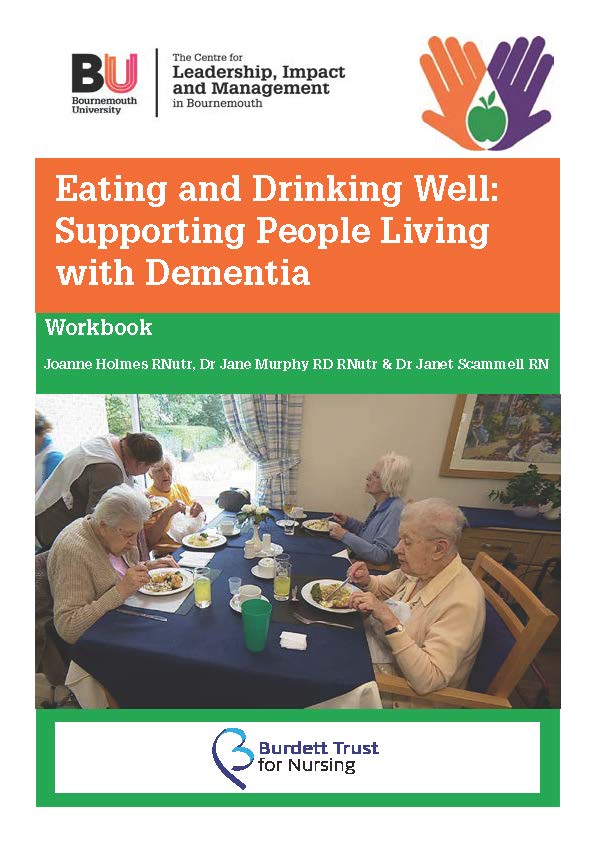
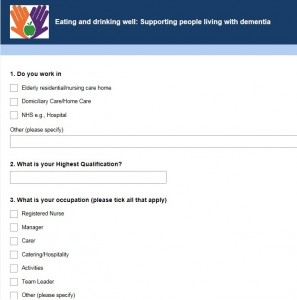
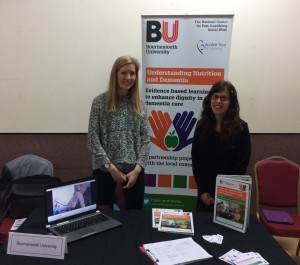
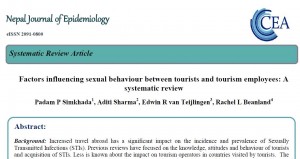
 Since his arrival in the Faculty of Health & Social Sciences last year postdoctoral researcher Dr. Pramod Regmi has been busy getting his publications out. Yesterday saw the latest of his articles appear in print, this time in the latest issue of the Nepal Journal of Epidemiology. The editorial, co-authored with Dr. Om Kurmi (University of Oxford) and Dr. Puspa R. Pant at the University of the West of England, addresses the growing problem air pollution in low-income countries such as Nepal. The paper is called: ‘
Since his arrival in the Faculty of Health & Social Sciences last year postdoctoral researcher Dr. Pramod Regmi has been busy getting his publications out. Yesterday saw the latest of his articles appear in print, this time in the latest issue of the Nepal Journal of Epidemiology. The editorial, co-authored with Dr. Om Kurmi (University of Oxford) and Dr. Puspa R. Pant at the University of the West of England, addresses the growing problem air pollution in low-income countries such as Nepal. The paper is called: ‘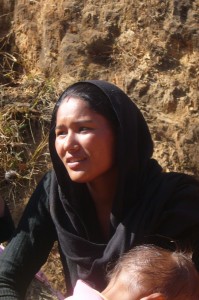
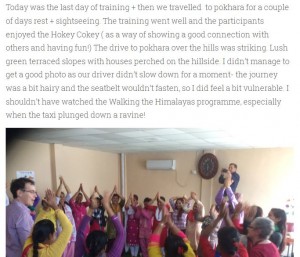
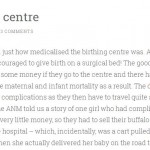

 The April issue of the Journal of Neonatal Nursing will publish the latest article written by a combination of Faculty of Health & Social Sciences staff and Visiting Faculty. The paper ‘Experiences of fathers with babies admitted to neonatal care units: A review of the literature’
The April issue of the Journal of Neonatal Nursing will publish the latest article written by a combination of Faculty of Health & Social Sciences staff and Visiting Faculty. The paper ‘Experiences of fathers with babies admitted to neonatal care units: A review of the literature’ 
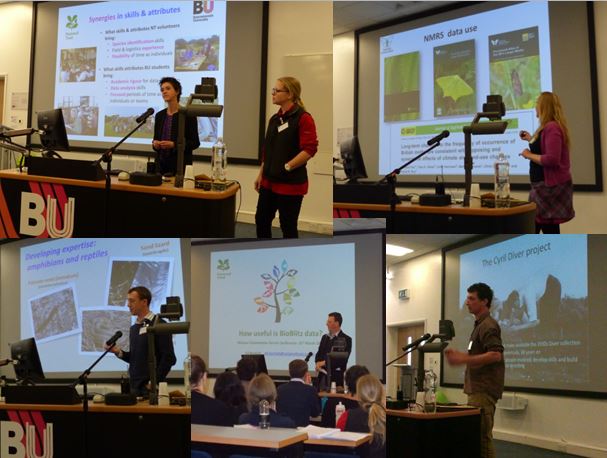
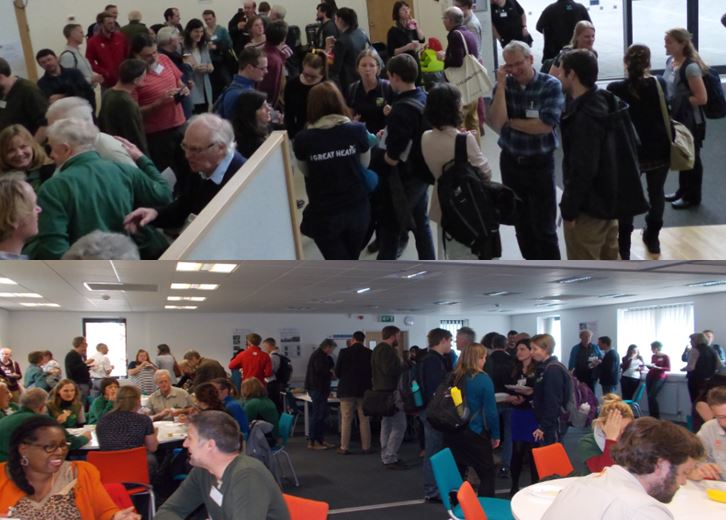
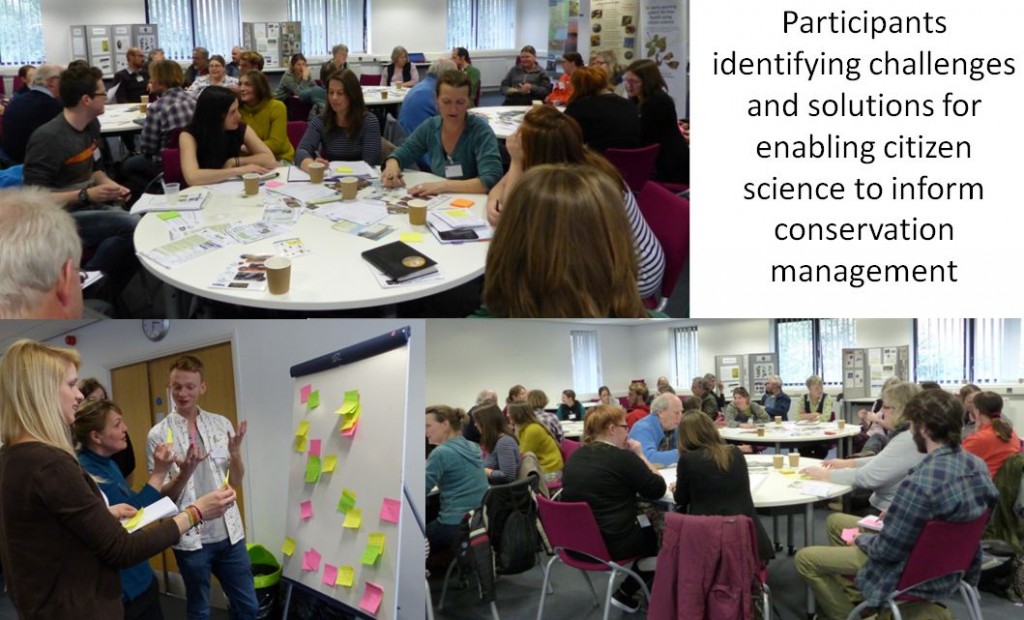
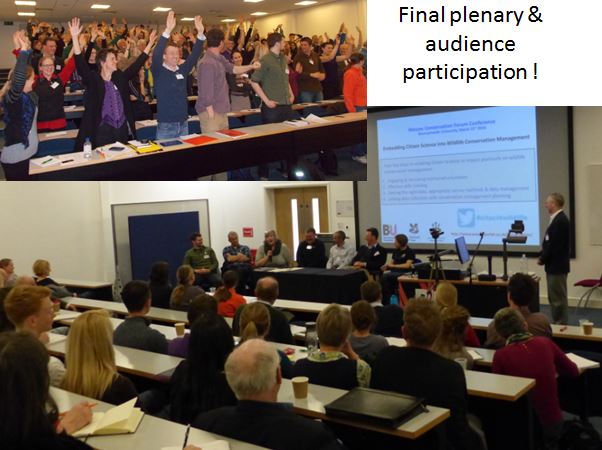
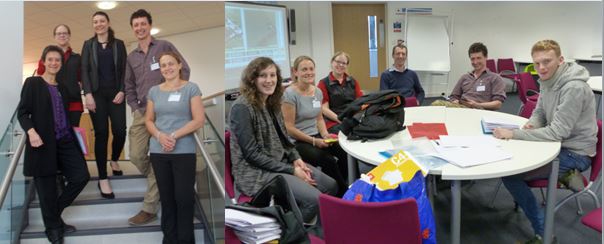


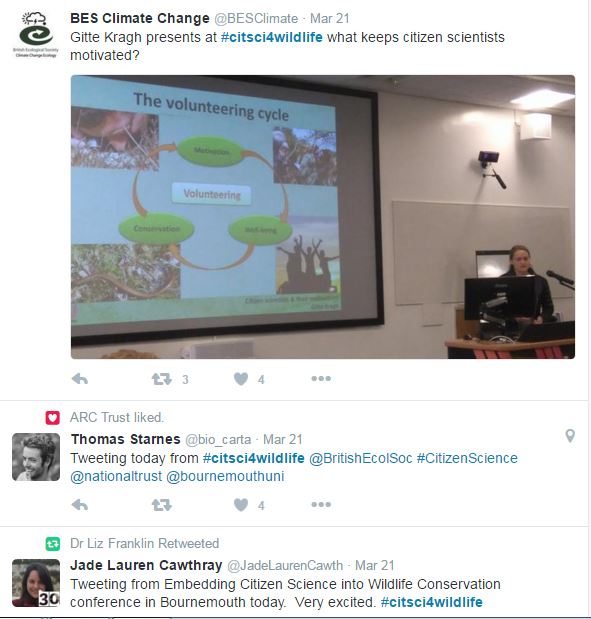

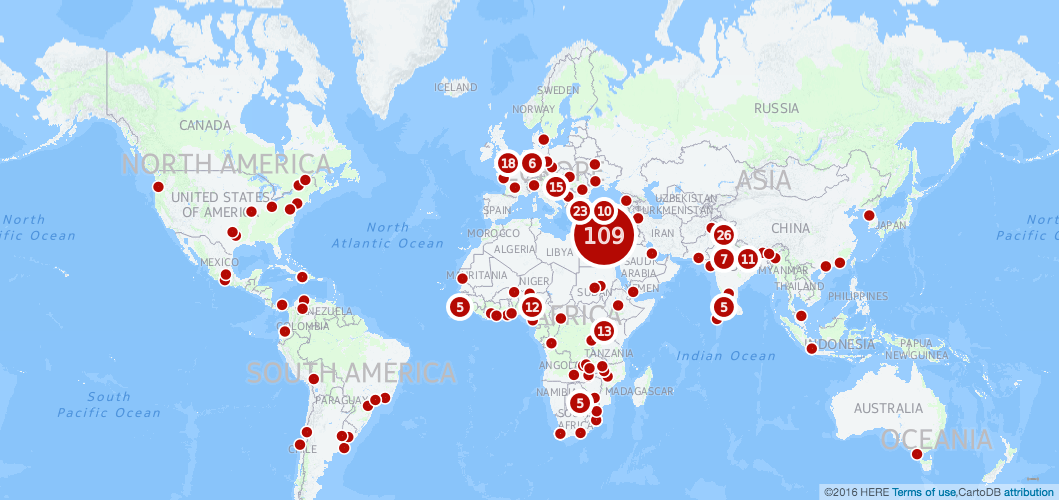
 Our latest paper in the international journal BMC Pregnancy & Childbirth published late last month was highlighted yesterday in a
Our latest paper in the international journal BMC Pregnancy & Childbirth published late last month was highlighted yesterday in a  Our paper is great example of interdisciplinary research, as celebrated at the forthcoming Interdisciplinary Research Sector Day on June 21st (
Our paper is great example of interdisciplinary research, as celebrated at the forthcoming Interdisciplinary Research Sector Day on June 21st (


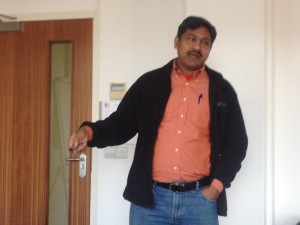
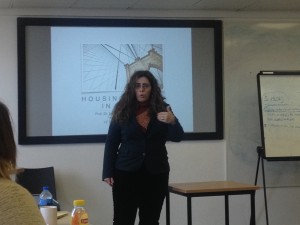













 Fifteen years at BU
Fifteen years at BU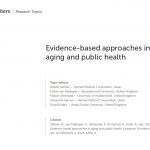 New eBook published in April
New eBook published in April MSCA Postdoctoral Fellowships 2024
MSCA Postdoctoral Fellowships 2024 Horizon Europe News – December 2023
Horizon Europe News – December 2023